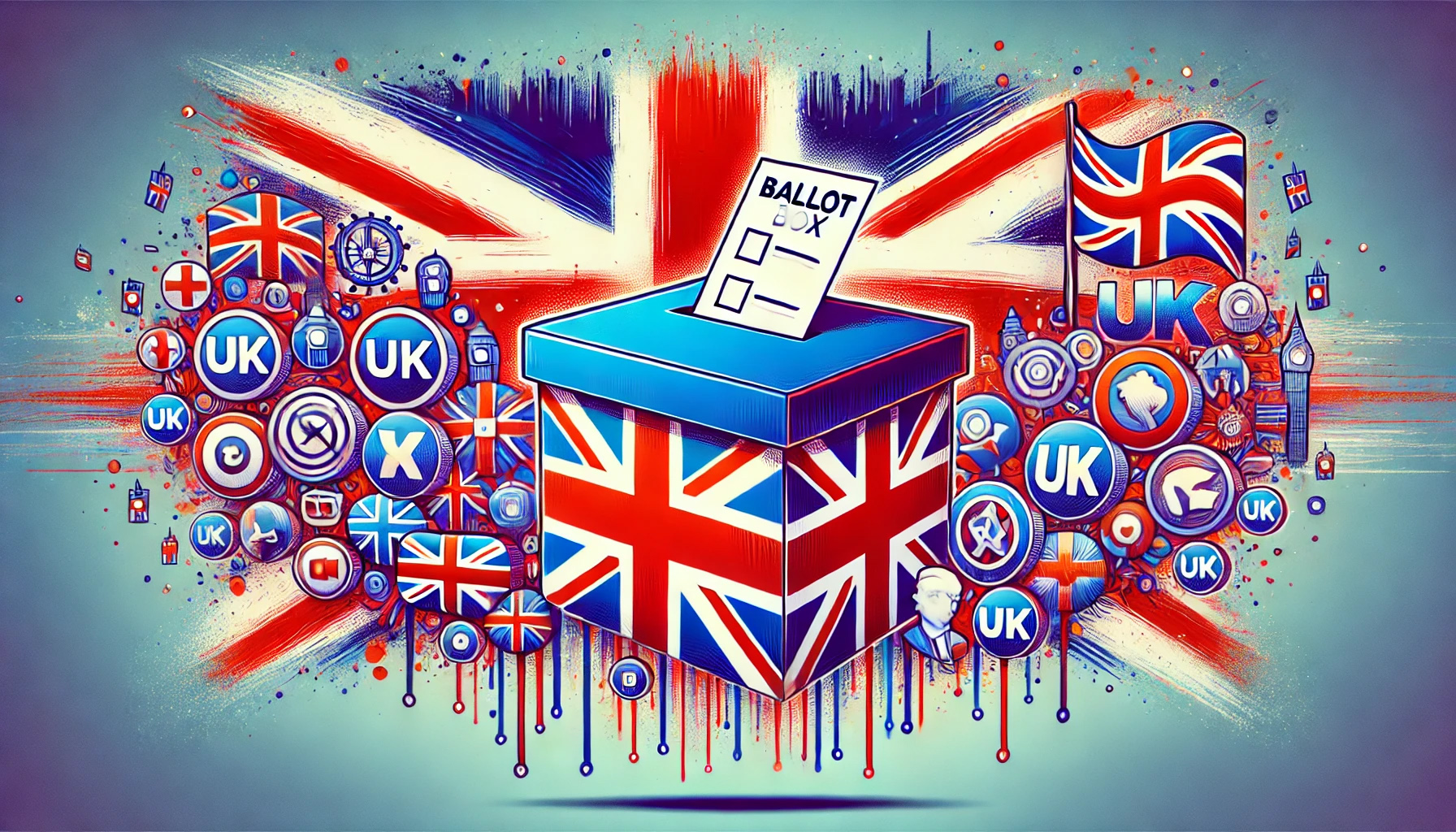The UK general election is a significant event that determines the country's political landscape. It is an opportunity for people in every part of the UK to choose their Member of Parliament (MP). Here is a simplified explanation of how it works:
The Process
- Election Call: The Prime Minister decides when to call a general election, which must be held at least every five years.
- Candidate Registration: Political parties and independent candidates register to stand in the election.
- Voter Registration: Eligible voters must register to vote by a specified deadline.
- Election Day: Voters cast their ballots at polling stations or by post.
- Counting: Ballots are counted to determine the winner in each constituency.
- Results: The party with the most MPs forms the government, and its leader becomes the Prime Minister.
Key Facts
- There are 650 constituencies in the UK, each electing one MP.
- Most candidates represent political parties, but some are independent.
- The candidate with the most votes in each constituency wins the seat.
- The party with the most MPs forms the government.
Eligibility to Vote
- You must be 18 or over on polling day.
- You must be a British, Irish, or qualifying Commonwealth citizen.
- You must be resident at an address in the UK or registered as an overseas voter.
Important Dates
- The next general election is scheduled for 4 July 2024.
- The deadline to register to vote is 18 June 2024.
Key Resources
- https://www.britannica.com/video/187571/elections-United-Kingdom
- https://www.bbc.co.uk/news/uk-politics-62064552
- https://www.parliament.uk/about/how/elections-and-voting/general/
- https://www.gov.uk/elections-in-the-uk
- https://www.electoralcommission.org.uk/voting-and-elections/how-elections-work/types-elections/uk-parliament
Additional Information
- UK Parliament: https://www.parliament.uk/
- Electoral Commission: https://www.electoralcommission.org.uk/
- BBC News: https://www.bbc.co.uk/news
